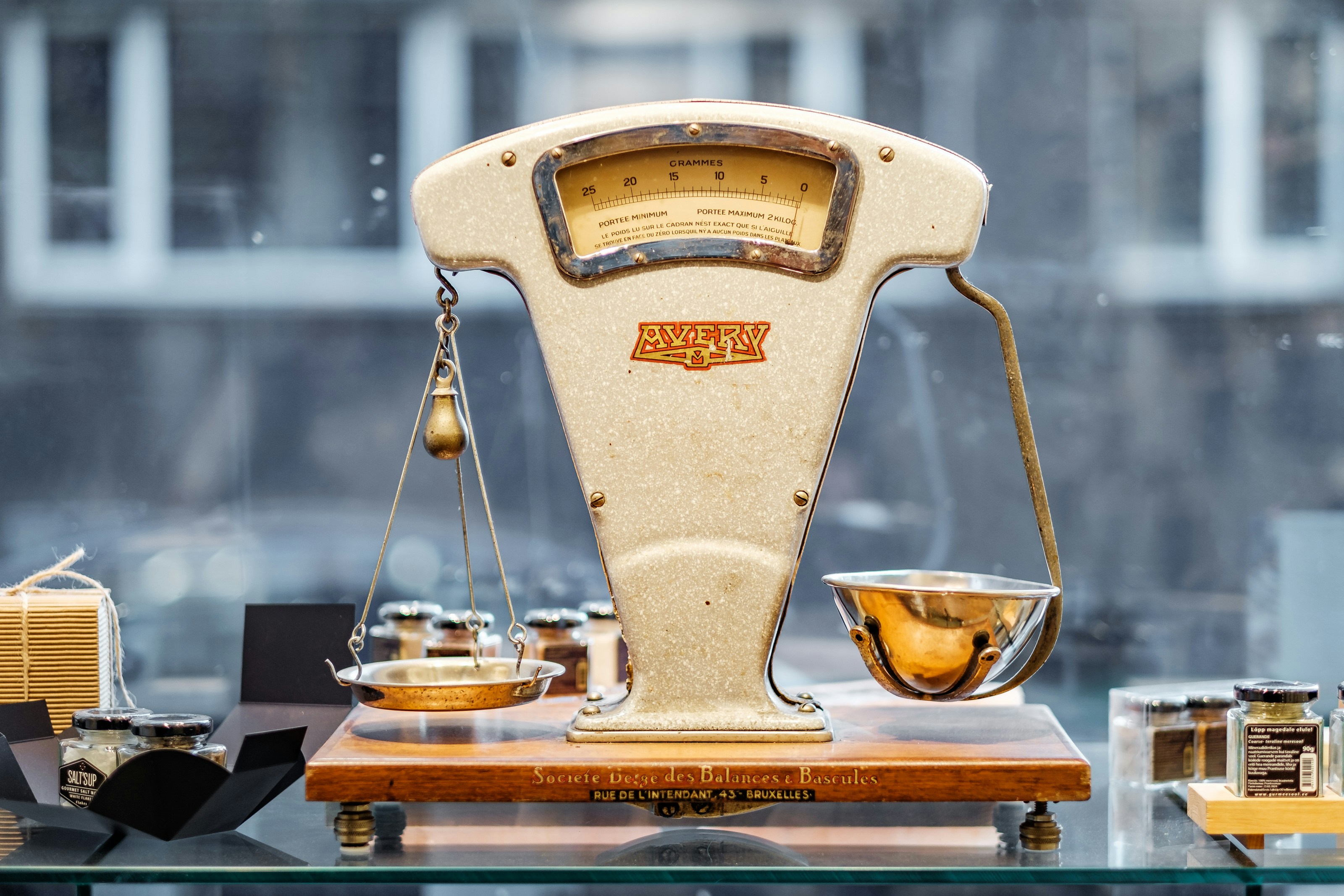As a clothing designer, your creations are the lifeblood of your business. They not only represent your artistic vision but also serve as key differentiators in a crowded marketplace.

Understanding Trademarks in Fashion
Trademarks are legal protections granted to distinctive signs that identify and distinguish the source of goods or services from those of others. In the context of fashion, trademarks can cover:
- Brand Names: The name under which you market your clothing line.
- Logos: Visual symbols or designs that represent your brand.
- Slogans: Catchphrases associated with your brand identity.
- Unique Design Elements: Specific patterns or design features that are uniquely associated with your brand.
By registering these elements as trademarks, you gain exclusive rights to use them in commerce, preventing others from using similar marks that could confuse consumers.
The Importance of Trademarks for Clothing Designers
Brand Recognition and Trust
A well-protected trademark fosters brand recognition and trust among consumers. When customers see your trademarked logo or brand name on apparel, they associate it with the quality and style they expect from your products. This recognition builds loyalty and encourages repeat purchases.
Legal Recourse Against Infringement
Trademark registration provides legal recourse against infringement. If another entity uses a mark similar to yours without permission, you can take legal action to stop them. This protection is crucial in an industry where copying is rampant. You can also check our free tool to see if your brand is registered.
Market Expansion
Registered trademarks facilitate market expansion by providing clear ownership of branding elements across different regions. For international markets, trademarks ensure that local competitors cannot legally use similar marks to capitalize on your reputation.
Increased Business Value
Trademarks add significant value to your business by establishing intellectual property assets that can appreciate over time. Strong brands often attract investors and potential buyers who recognize the intrinsic value of protected intellectual property.
Steps to Register Your Trademark
Conduct a Trademark Search
Before applying for trademark registration, conduct a comprehensive search to ensure no existing trademarks conflict with yours. This step helps avoid potential legal disputes down the line.
File an Application
Submit an application to the relevant trademark office (e.g., USPTO in the United States). The application should include details about the mark you wish to register (name, logo, etc.), the goods/services it will be used for (clothing items), and proof of its use in commerce.
Examination Process
The trademark office will examine your application for compliance with legal requirements and potential conflicts with existing marks. This process may involve responding to office actions or objections raised during examination.
Publication and Opposition Period
If approved, your trademark will be published in an official gazette for opposition purposes. During this period, third parties can challenge the registration if they believe it infringes on their rights.
Registration Certificate Issuance
If no oppositions are filed or successfully upheld against them, you will receive a registration certificate granting exclusive rights to use the mark for specified goods/services.
Maintaining Your Trademark Rights
Once registered, maintaining trademark rights requires ongoing vigilance:
- Use It Consistently: Regularly use the mark in commerce; failure to do so may result in cancellation.
- Monitor for Infringements: Actively monitor marketplaces for unauthorized use of similar marks.
- Renewal Applications: File renewal applications within stipulated periods (usually every 10 years) along with required fees/evidence showing continued usage.
Conclusion
For clothing designers aiming at long-term success amidst intense competition within fashion industries worldwide – securing robust protection via effective utilization & management strategies surrounding their respective brands’ distinctive identifiers remains indispensable! By understanding intricacies involved while navigating processes related towards obtaining/maintaining valid registrations encompassing various forms such as logos/slogans/names/designs etc., one ensures safeguarding invaluable creative efforts thereby fostering sustainable growth trajectories aligned alongside evolving consumer preferences/trends alike!
Investing time/resources into securing appropriate protections now translates into reaping substantial rewards later - ultimately empowering designers not only defend but thrive amidst ever-changing landscapes characterizing today’s dynamic global marketplaces!




.webp)
.webp)
.webp)
.webp)





